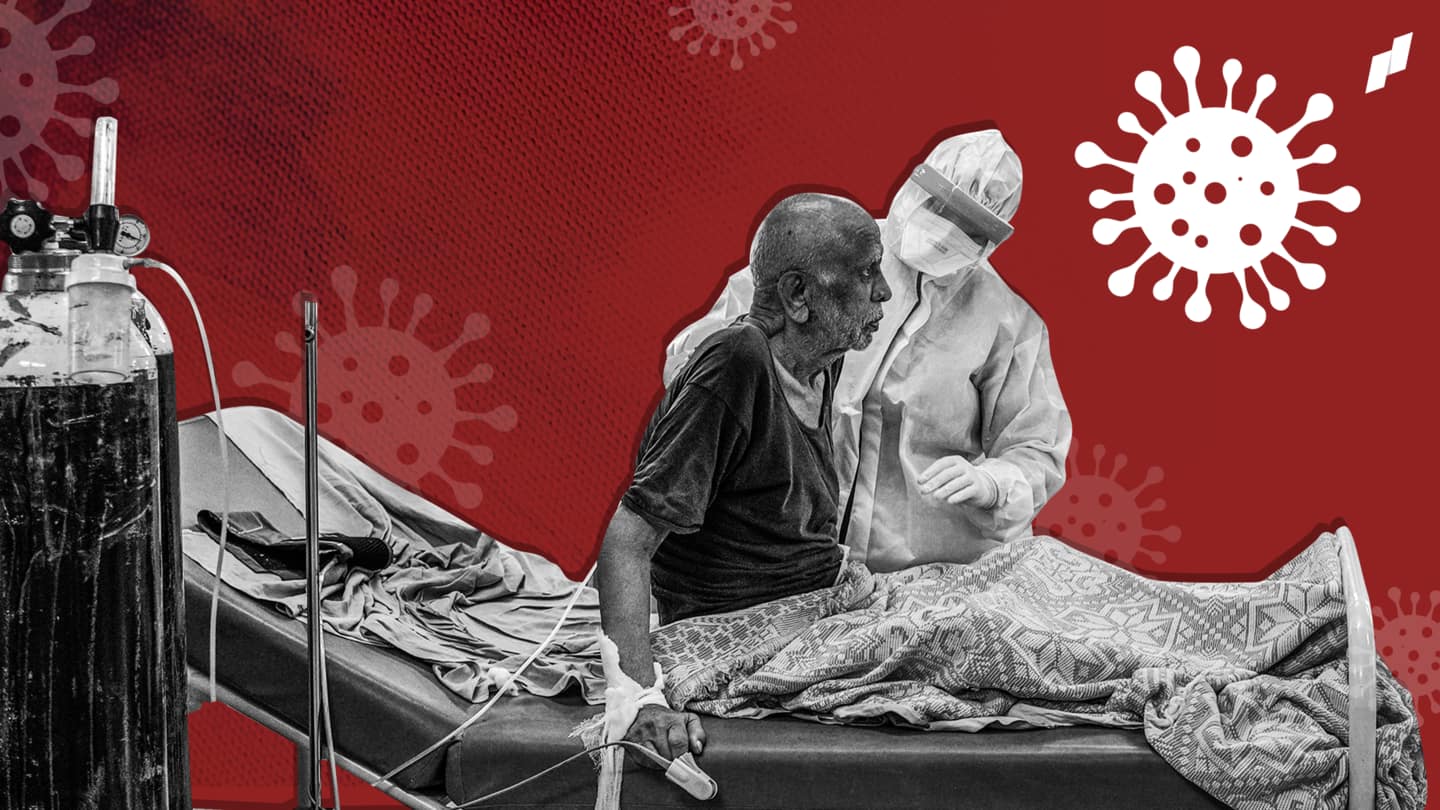
Gangrene, hearing loss suggest Delta variant more severe, say doctors
What's the story
Delta, the coronavirus variant that triggered India's devastating second wave of the pandemic, is definitely highly contagious, according to experts and multiple studies.
Now, doctors in India draw from their experience that it is also possibly more severe than most other known variants.
Blood clots and hearing impairment are just two of the many severe conditions Indian doctors have linked with the new strain.
Details
What is the Delta variant of COVID-19?
Delta or B.1.617.2 variant was first detected in India last year and has spread to 60 countries over the past six months.
A recent study by an Indian government panel stated the variant was the "primary cause" behind India's deadly second wave and is 50% more infectious than a strain first identified in the UK.
It is now sparking outbreaks in numerous other countries.
Conditions
Several patients developed blood clots, leading to gangrene
Some coronavirus patients in India developed micro thrombi - small but severe blood clots that caused the affected tissue to die and develop gangrene, said Ganesh Manudhane, a Mumbai-based cardiologist, according to Bloomberg.
Manudhane treated eight such patients at the Seven Hills Hospital during the past two months, as compared to three or four cases throughout last year.
Information
What is gangrene?
Gangrene is the death of body tissue due to a lack of blood flow or a bacterial infection. Signs and symptoms of the condition may include discoloration of the skin, swelling, and severe pain, among others. Treatments typically include surgery, antibiotics, and hyperbaric oxygen therapy.
Conditions
Hearing impairment, tonsillitis also seen in several patients
Meanwhile, some COVID-19 patients sought treatment for hearing loss, swelling around the neck, and severe tonsillitis, said Dr. Hetal Marfatia, an ENT surgeon at Mumbai's King Edward Memorial Hospital.
"Every person is showing different symptoms" during the current wave, she was quoted as saying.
Cases of Mucormycosis or "Black fungus" - a rare fungal infection - also reached record highs in India this year.
Vaccinations
How does it affect the course of vaccinations?
Emerging scientific evidence indicates that Delta and other variants may be able to evade antibodies generated from vaccination.
Experts hence want pharmaceutical companies to tweak the formula for existing vaccines or develop new ones.
"New vaccines have to prepared with new variants in mind," said Dr. Abdul Ghafur. "We can't get ahead of the virus, but at least we can keep up with it."
Situation
Coronavirus situation in India
After facing the world's worst coronavirus outbreak, India's COVID-19 situation is finally improving.
In the past 24 hour-period, the country added 86,498 cases to its tally - the lowest surge in 66 days. The daily deaths stood at 2,123.
However, Delta and other new variants are leading to fresh outbreaks in countries like Britain, Singapore, Vietnam, and Taiwan, amid growing calls for faster immunization.